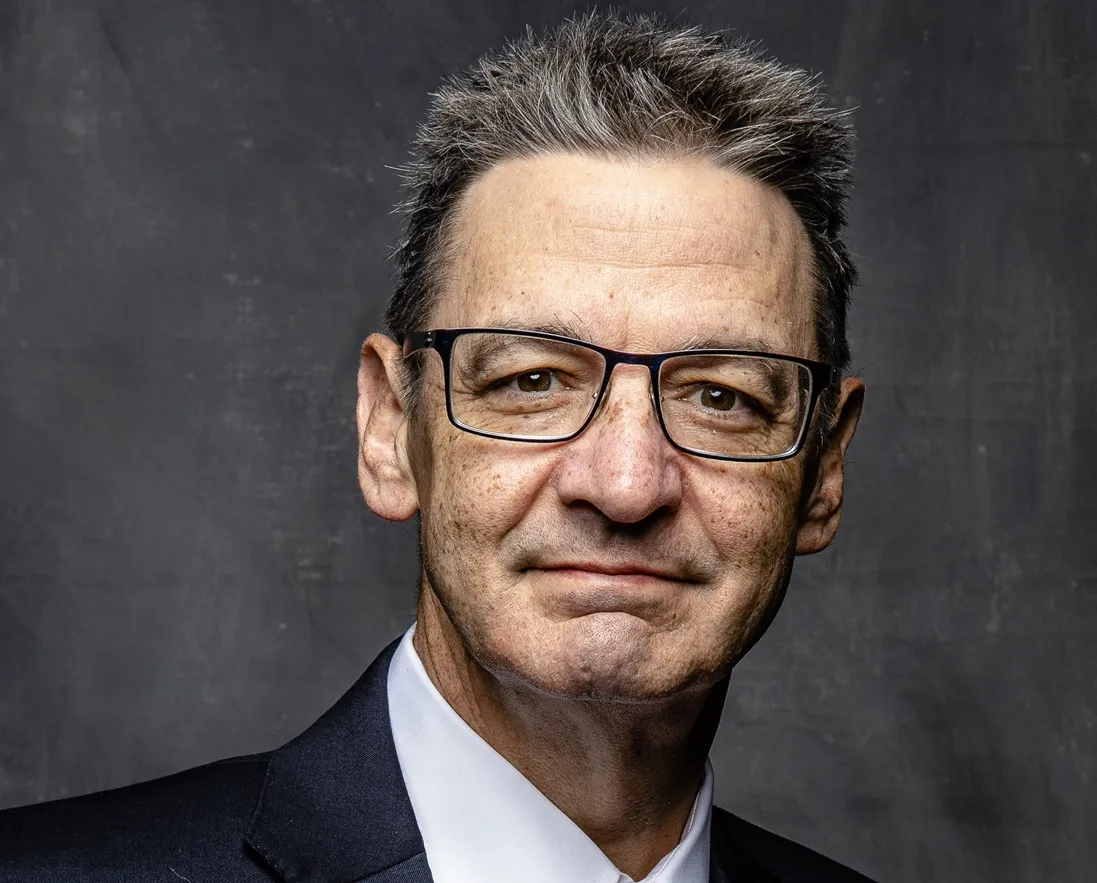At least 79 people were hurt on Saturday, some seriously, in a train crash at a Buenos Aires railway station where a deadly accident killed dozens just last year, raising even more concerns about the poor conditions.
Railway officials said that there had been no earlier reports of problems during the train's journey and that they could not immediately determine the cause of the accident. Television footage showed various railway cars that had left the track and were on the platform after the train appa
October 22, 2013
Read time: 2 mins
At least 79 people were hurt on Saturday, some seriously, in a train crash at a Buenos Aires railway station where a deadly accident killed dozens just last year, raising even more concerns about the poor conditions.
Railway officials said that there had been no earlier reports of problems during the train's journey and that they could not immediately determine the cause of the accident. Television footage showed various railway cars that had left the track and were on the platform after the train apparently failed to stop at the end of the line.
Buenos Aires has been plagued by rail accidents in recent years. In addition to a deadly collision last February, there have been numerous incidents, including a serious collision in June of this year, when a speeding commuter train slammed into another train that had stopped between stations, killing three people and injuring more than 300.
Argentina has tried to ramp up oversight of its problem-plagued train system. Surveillance cameras were installed in conductors’ cabs following the collision in June and have already revealed some acts of negligence by railway personnel, including drivers talking on the phone or reading, sometimes with their hands off the controls altogether, officials said in July.
Many parts of Argentina's rail network are said to be antiquated and in need of repair and this incident will increase concern about lack of investment in the system.
"This is the responsibility of a company that is known for insufficient maintenance and improvisation," said Edgardo Reinoso of the train workers' union.
Railway officials said that there had been no earlier reports of problems during the train's journey and that they could not immediately determine the cause of the accident. Television footage showed various railway cars that had left the track and were on the platform after the train apparently failed to stop at the end of the line.
Buenos Aires has been plagued by rail accidents in recent years. In addition to a deadly collision last February, there have been numerous incidents, including a serious collision in June of this year, when a speeding commuter train slammed into another train that had stopped between stations, killing three people and injuring more than 300.
Argentina has tried to ramp up oversight of its problem-plagued train system. Surveillance cameras were installed in conductors’ cabs following the collision in June and have already revealed some acts of negligence by railway personnel, including drivers talking on the phone or reading, sometimes with their hands off the controls altogether, officials said in July.
Many parts of Argentina's rail network are said to be antiquated and in need of repair and this incident will increase concern about lack of investment in the system.
"This is the responsibility of a company that is known for insufficient maintenance and improvisation," said Edgardo Reinoso of the train workers' union.










